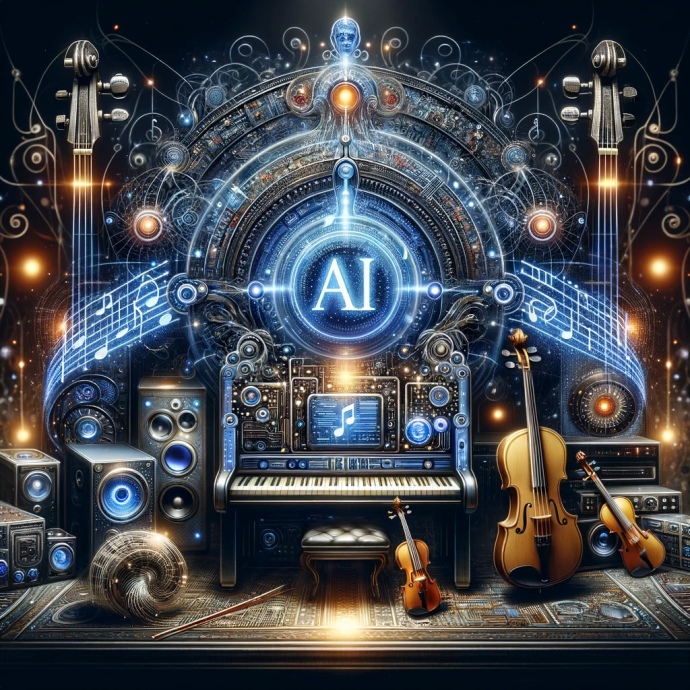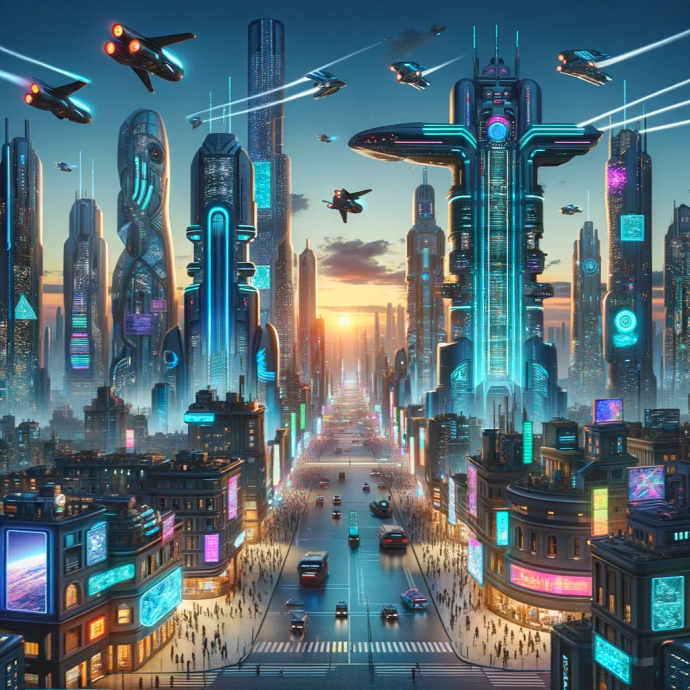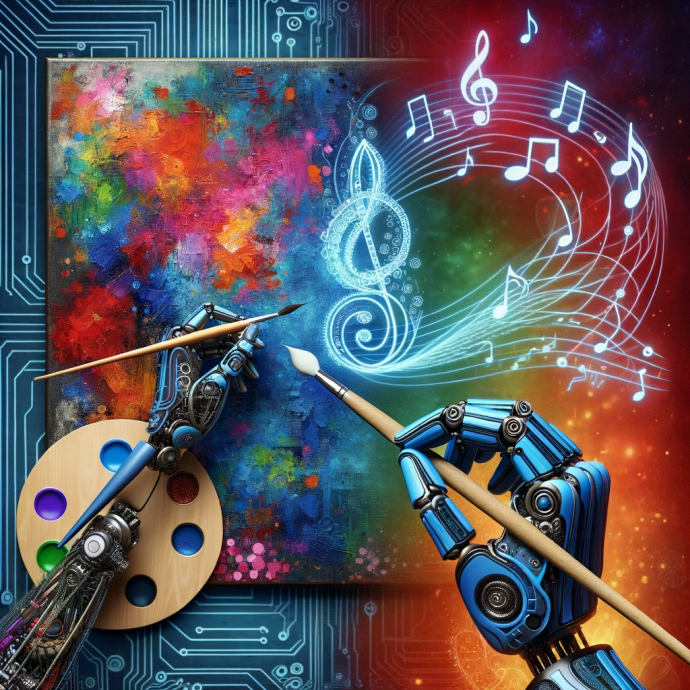The Intersection of AI and Art Through a Composer's Lens

The year 2023 unfold out as a canvas of complicated emotions, profound thoughts, and notable experiences. It became marked thru milestones consisting of a toddler's first steps and terms, serving as a poignant reminder of the depth and complexity of human expression, elements that technology, regardless of its advancements, need to scarcely emulate. The leisure industry, too, faced big upheaval throughout this period. Artists across the arena championed for new rights amidst an evolving expert landscape, their collective voices reflecting uncertainty about the destiny. This era modified into additionally characterised through the ethical conundrums provided with the useful resource of the emergence of artificial intelligence, a technology regarded with the aid of the usage of many as a functionality chance to the very essence of human nature, at the side of the sanctity of innovative expression.
That’s a Wonderful World of Music
In the world of music, where the role of a composer and pianist is to navigate and articulate complex emotions primarily through musical compositions, art stands as a testament to human experience. The power of the arts lies in their ability to translate the inexpressible into a language that resonates with the heart and soul, offering solace even when words fail. However, as the world transitioned into 2024, the question of how to balance the influence of technology within the artistic sphere became increasingly pertinent.
High-Tech: Future or Thread?

Technology, for all its complexity and mystery, has become an integral part of modern life, especially in artistic professions. The role of technology in facilitating the digital composition of film scores before their orchestral realization is undeniable, though such digital representations often fall short of capturing the essence of live performances. Moreover, the ease of accessing vast amounts of musical and cinematic content online has transformed the way people engage with the arts, enriching their understanding and appreciation.
The introduction of advanced AI platforms like ChatGPT brought about a mix of excitement and concern. The initial experiences were a blend of exhilaration and apprehension. Discovering new musical pieces and uncovering the influences behind renowned filmmakers was thrilling. However, inaccuracies in AI-generated content, such as listing incorrect composers, raised questions about its reliability as an information source. These concerns led to doubts about the role of AI in preserving cultural history and narratives.
How To Use AI in Art & Music?

Reflecting on earlier professional experiences in documentary composition, particularly within the realm of cinéma vérité, provided a new lens through which to view AI. Cinéma vérité, with its emphasis on observation and minimal narrative intervention, strives for a portrayal of life in its most unvarnished form. Yet, this style of filmmaking also reveals the inherent biases in storytelling, as choices made by the cameraperson, editor, and director inevitably shape the narrative.
This realization brought a new understanding of AI. Approaching an AI platform like ChatGPT with the expectation of an infallible source of knowledge only revealed that it was a reflection of the collective knowledge and misinformation present on the internet. This understanding highlighted the importance of human creativity and experience in art, elements that AI could not fully comprehend or replicate.
Seeing AI as another form of art, shaped by diverse perspectives and information, shifted the perception of it from a threat to a source of inspiration. It became apparent that as a society, there is a responsibility to feed these algorithms with accurate, diverse, and thoroughly reviewed information. The evolution of AI, thus, presents an exciting opportunity for artists to engage with its outputs, maintaining a healthy skepticism while acknowledging the inspirations behind its creation.

Become a part of digital history



Comments about The Intersection of AI and Art Through a Composer's Lens